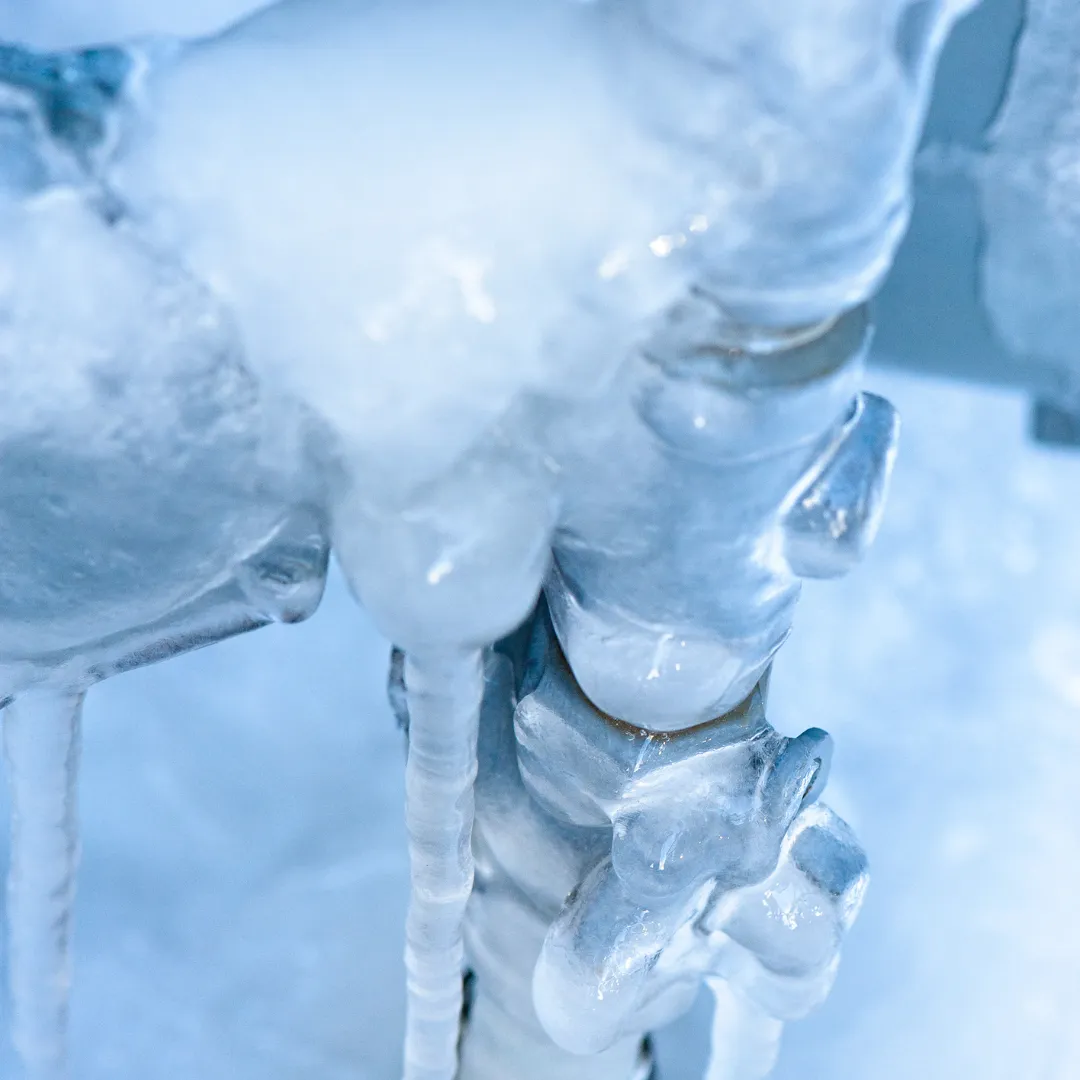
Winter Drinking Water Care
"Winterizing your well isn’t just about preventing problems; it’s about protecting your home’s most vital resource—safe, reliable water—through even the harshest conditions." - Vanessa Long
Winter Well Care: A Briefing for Homeowners
Winter is a challenging season for water well systems, but proactive maintenance and preparation can ensure a safe and reliable water supply. Here’s a concise guide on how to protect your well from common winter threats, based on expert recommendations.

Key Threats to Your Well in Winter
Freezing Temperatures: Low temperatures can freeze well components, including the well cap, casing, pipes, and pressure tank, causing bursts and damage.
Power Outages: Winter storms often disrupt power, rendering your well pump inoperable.
Water Quality Changes: Winter precipitation can affect groundwater, introducing contaminants or altering its chemical balance.
Essential Actions for Winter Well Care
1. Insulation is Key
Insulating your well system is vital to prevent freezing.
Install foam sleeves around the well cap and casing.
Use pipe insulation and heat tape for exposed pipes and pressure tanks.
2. Maintain Pump House Temperature
If you have a pump house:
Keep the temperature above freezing with a space heater or heat lamp equipped with a thermostat.
Seal any drafts to block cold air.
3. Prevent Frozen Pipes
Stagnant water in pipes is at high risk of freezing.
Implement the drip strategy: leave a slow trickle of water running on extremely cold nights.
Disconnect and drain outdoor hoses to protect exterior faucets.
4. Regular Water Quality Testing
Winter conditions can introduce contaminants to your well water.
Test for bacteria, nitrates, and pH imbalances, especially after heavy snowfall or freezing rain.
Inspect the well cap and surrounding area for gaps or damage that could allow runoff to enter.
5. Prepare for Power Outages
Stay ahead of potential outages with these measures:
Invest in a backup generator to power your pump.
Store several gallons of drinking water as an emergency supply.
6. Manage Snow Accumulation
Snow can both help and harm your well system:
Avoid piling snow near the wellhead, as melting snow may carry contaminants into the well.
Clearly mark your wellhead location to prevent accidental damage during snow removal.
7. Schedule Professional Maintenance
Winter is an ideal time to schedule an inspection with a well technician. A professional can:
Check for cracks in the well casing.
Assess pump performance.
Ensure proper sealing to prevent contamination.
Why Preparation Matters
"Taking steps to protect your well during winter safeguards your drinking water and prevents costly repairs. A little preparation now can save you from the stress of frozen pipes, pump failures, or contamination later in the season."
Contact the Experts
At Epping Well & Pump, we specialize in winter well maintenance to keep your water supply safe and dependable. Reach out today for inspections, repairs, and advice tailored to your well system.
Prepare now to enjoy peace of mind all winter long!
